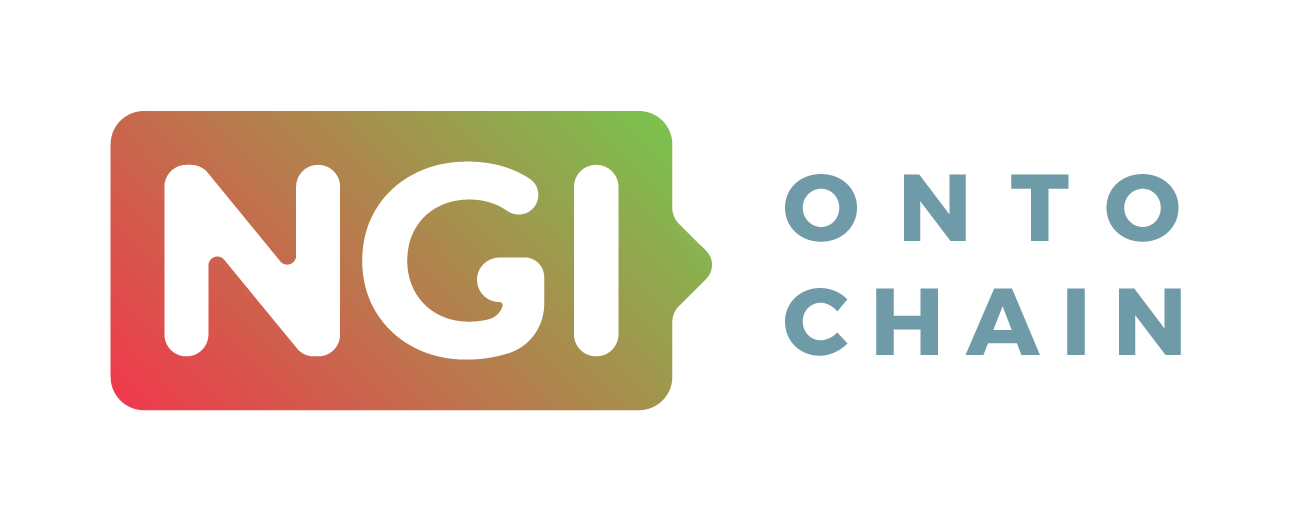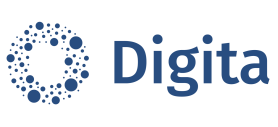ABOUT THE PROJECT
Solid Verif: Verifiable Credentials and Solid
This project aims to provide a solution (i.e. an architecture, method and technique) to use verifiable credentials in the Solid ecosystem.
We will design the solution by first constructing an architecture and a method, and investigating and selecting a suitable technique. Next, we will create a prototype application for a limited but important scope of the solution to evaluate its feasibility.
By introducing verifiable credentials into the Solid ecosystem, we enable its actors to certify and verify the origin of data so that trust is increased and data can be reused with confidence. The importance of this functionality was also underlined by several of our customers.
Motivation for the project:
As this project aims to set up a solution to support data reuse in a way the recipient can verify and trust the person’s data using Solid and verifiable credentials, it has a perfect fit with the Ontochain “Applications” and “Ecosystem Scalability & Integration” challenges.
Generic use case description:
For organisations, such as a supermarket, additional trust could lead to several concrete applications. For example, the supermarket could rely on the data’s origin to ease the onboarding of new customers because the company would not have to verify the person’s data again.
Essential functionalities:
The solution will consist of an architecture, method and technique to use verifiable credentials in the Solid ecosystem, accompanied by one or more prototype applications that are required to demonstrate that the solution works from a technical point of view. By doing so, we make a contribution that other stakeholders in the Solid ecosystem can leverage to implement trust in the world wide personal data web.
How these functionalities can be integrated within the software ecosystem:
The following explains how the project relates to particular components of Ontochain’s “Modules & Protocols” layer.
- The Solid open standard can be considered as a Protocol to facilitate Interoperability in the Ontochain ecosystem.
- Verifiable credentials can be considered as one component for Trust Management.
Gap being addressed:
To the best of our knowledge, the use of verifiable credentials is not yet supported by the Solid specification - nor is it explored in the literature.
Expected benefits achieved with the novel technology building blocks:
For organisations, such as a supermarket, additional trust could lead to several concrete applications. For example, the supermarket could rely on the data’s origin to ease the onboarding of new customers because the company would not have to verify the person’s data again.
Potential demonstration scenario:
A supermarket could use additional trust so it can rely on the data’s origin to ease the onboarding of new customers because the company would not have to verify the person’s data again.
TEAM
Manages Digita and is Research Fellow at KU Leuven. At Digita, he is responsible for research and marketing.
Professor of Semantic Web technology at Ghent University – imec, a research affiliate at the Decentralized Information Group at MIT and advisor of Digita.
![]()
Stijn Taelemans
Tech lead at Digita.
![]()
Arthur Joppart
Software engineer at Digita.
Manages Digita and is responsible for Digita’s commercial and advisory operations.
ENTITIES
Digita is a start-up that builds software for organisations that want to take part in the Solid ecosystem.





 This project has received funding from the European Union’s Horizon 2020 research and innovation programme under grant agreement No 957338
This project has received funding from the European Union’s Horizon 2020 research and innovation programme under grant agreement No 957338




